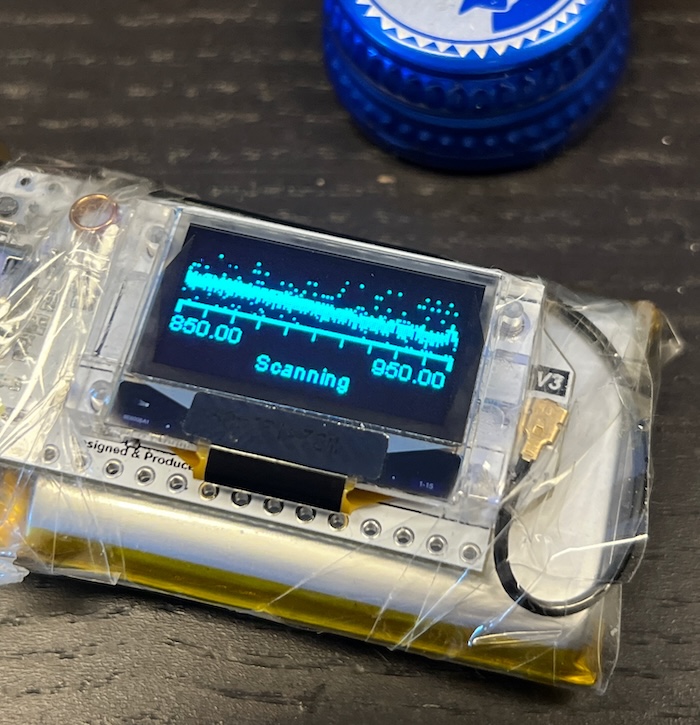Hi Amir,
I dunno, I found it all confusing to be honest. There’s all these Github pages, and they have READMEs full of dead links. Just randomly, clicking now:
If I google the board by name, what I think is its main page at heltec sometimes takes 10 seconds to load and links to this repo which links to this one. On the first one it says it requires the second. Then on the second one’s README, under “instructions / relative boards”, the link for this board is 404. The instructions for Mac below that are, for anyone but seasoned developers, straight-out intimidating. Then there’s all these confusing and different links to https://resource.heltec.cn where there’s yet more zip files with libraries, many old links to a repo whose development has been ‘stoped’.
I mean, I figured it out in the end, but only because I’ve worked with ESP32s enough and more despite their efforts than because of it. Someone new to all of this could not use this as their starting point. And yes, the hardware is very nice, which is why I decided to give it some love, also to have everything that I learned about this board in one place.
In the process, I improved on the display library (they merged my PRs, so I can go back to depending on it) and wrote and added my own button library that’s particularly useful if you have only one button: all the usual button functions and also allows:
if (button.event(LONG, SHORT))
Did you notice that while the board definition for this board that comes when you add the board manager URL from one of these repos allows for setting of all sorts of lora stuff, but has completely removed the basic ability to select different size partitions? I’m still considering whether to take it to the next level and publish my own board-manager URL. Also, their board definitions also offer all of the existing ESP32 boards again, and their own definitions have made their way into the standard Espressif ESP32 definitions file, so you actually don’t even need to install theirs.


